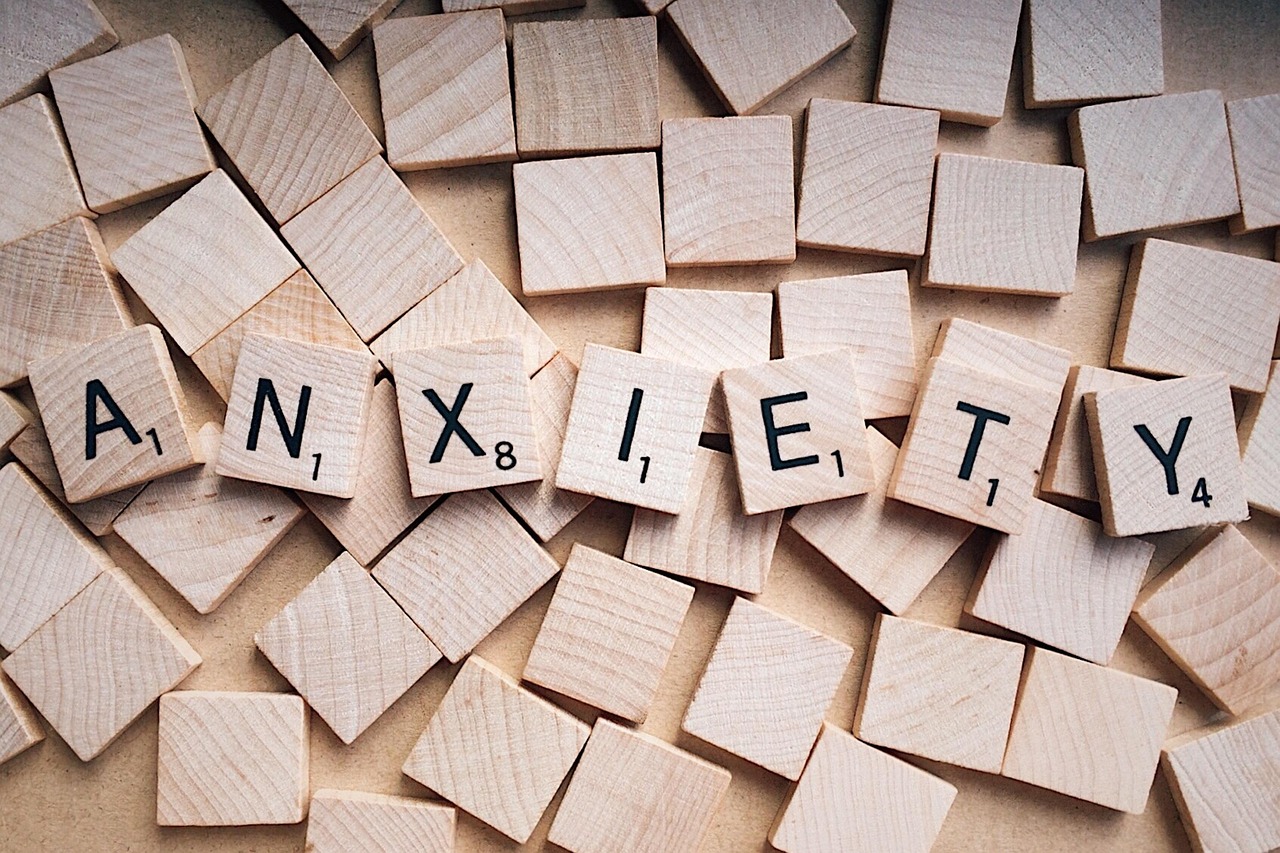Teenagers can be withdrawn, irritable, and unpredictable — all part of growing up. But when does this shift from typical teenage moodiness to something more serious? In Thailand, around one million teens are believed to be experiencing depression, with millions more at risk. So it’s important for parents to understand what depression actually is and how to recognise it.
Not Just a Bad Mood

Unlike everyday sadness or stress, clinical depression is persistent, debilitating, and often hard to explain — even for the person experiencing it. One teen described it as pain without a clear cause, a kind of emotional numbness that feels impossible to shake.
There are many different types of depression — major depressive disorder, persistent depressive disorder, and bipolar disorder, to name a few — and it often overlaps with other mental health challenges like anxiety, OCD, or eating disorders. While the term “disorder” might sound negative, it helps distinguish between temporary sadness and serious emotional suffering that needs medical support.
Recognising the Symptoms

While sadness is one element, depression can also show up as:
- Difficulty concentrating
- Constant tiredness
- Trouble sleeping (or sleeping too much)
- Loss of appetite or overeating
- Irritability
- Withdrawal from activities once enjoyed
Sometimes these symptoms are visible, but many teens hide them behind smiles, jokes, or seemingly normal behaviour, making it easy to miss.
Why Telling Someone to “Cheer Up” Doesn’t Help
Depression can make even the most basic tasks — like getting out of bed or looking forward to something — feel impossible. Telling someone to “just be positive” often adds guilt or frustration, rather than support. Unlike a bad day, clinical depression doesn’t go away with rest or encouragement. But it is treatable, and recovery is possible through therapy, medication, or self-help strategies like mindfulness.
Breaking the Stigma

Mental health still carries a stigma in many parts of the world, especially in Asia. Teens may feel ashamed or afraid to speak up. But just like a broken bone, depression needs proper treatment — and should never be hidden or ignored. Mental illness deserves compassion, not secrecy.
Next Steps

In Part 2, the article shares five practical tips for parents and loved ones to support teens who may be suffering from depression. It also includes a recommended list of trusted mental health professionals in Bangkok.













